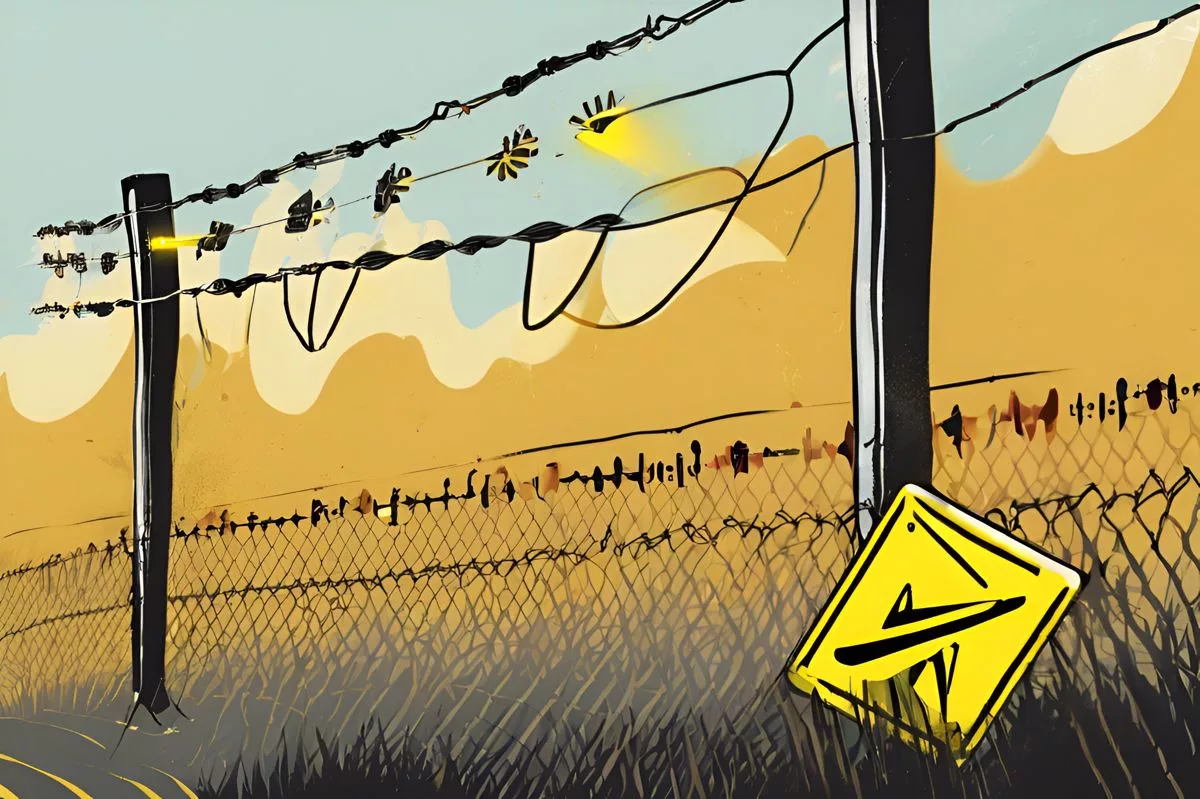The homelessness crisis in Cape Town’s CBD is becoming increasingly urgent, with hundreds of homeless individuals facing eviction. The city’s proposed solution, the Safe Spaces Initiative, provides shelter, meals, and vocational training to homeless individuals and is funded by the city. While some support the initiative as a way to preserve the dignity of the destitute, others argue for more comprehensive solutions, such as repurposing vacant buildings for permanent housing and addressing health and employment issues. The decision of how to tackle this issue has far-reaching implications, making it a critical moment for the city.
What is the Safe Spaces Initiative in Cape Town’s CBD?
The Safe Spaces Initiative is Cape Town’s proposed solution to the homelessness crisis in the central business district. It provides hygienic living conditions, meals, vocational training, health care services, and job placement assistance to homeless individuals. The initiative aims to preserve the dignity of the destitute and is funded by the city.
In the bustling heart of Cape Town’s central business district (CBD), a crucial social issue is steadily unfolding. Hundreds of homeless individuals are on the verge of eviction, their future hinging on the decisions of the city’s Mayor, Geordin Hill-Lewis. As the eviction deadline imposed by the court looms, the mayor steadfastly sticks to the city’s proposed solution: the ‘Safe Spaces’ initiative. This program, he asserts, is the singular and sustainable answer for Cape Town’s homelessness problem.
The Safe Spaces Initiative
“The street is the most inhumane and undignified place for homeless people to live. The ‘Safe Spaces’ we provide are far removed from such conditions. They are facilities all Capetonians can take pride in,” stated Hill-Lewis during a recent city council meeting.
Contrary to the push for comprehensive housing solutions, the mayor points out that the city’s budgetary constraints make it impossible to provide individual homes for each homeless person. Hill-Lewis posits that even world-renowned cities like San Francisco would falter under such a financial load. Instead, he supports the ‘Safe Spaces’ initiative as a monumental stride towards preserving the dignity of the destitute.
The mayor elaborates that these spaces offer more than mere shelter. They provide hygienic living conditions, meals, vocational training, health care services, and job placement assistance, all funded by the city.
A Critical Decision Point
This unwavering stance is taken as the Western Cape High Court’s eviction order hangs like a sword over the homeless individuals inhabiting the CBD. According to the court order, they must move to the Safe Space shelters. Presently, these shelters are located in Durbanville and Culemborg, with another soon to open in Green Point. They are the city’s answer to the escalating homelessness rates in recent years, aggravated by the Covid-19 pandemic and nationwide lockdown.
However, not everyone echoes Hill-Lewis’s sentiments. Mpho Raboeane, executive director of Ndifuna Ukwazi, a social justice organization, offers an opposing viewpoint. Raboeane expresses concern over the financial strain of the law enforcement response to homelessness under the Streets By-Law, which he sees as more expensive than investing in comprehensive solutions.
The Counterarguments and Alternatives
Raboeane criticizes the insufficiency of the shelter system and advocates for a shift from continuously moving people between shelters and safe spaces to more customized solutions. He refers to American models that repurpose vacant hotels to house the homeless and help them transition to independent living.
“In the US, empty hotels are being repurposed to accommodate the homeless in programs designed to enable independent living. Similar opportunities exist with vacant commercial buildings and dedicated transitional housing,” Raboeane comments.
He advocates for a housing-first approach, arguing that permanent housing should be the initial step, followed by addressing other issues such as health and employment. According to Raboeane, the city’s fixation on temporary solutions is a financial drain it cannot sustain.
The Wider Implications
This complex issue has thrust the city’s homelessness crisis into the spotlight, exposing the harsh realities and complications involved in addressing this societal problem. As Cape Town wrestles with this predicament, the world watches with bated breath, keen to see how this story will unravel and what innovative solutions the Mother City will propose.
1. What is the homelessness crisis in Cape Town’s CBD?
The homelessness crisis in Cape Town’s CBD is a growing concern with hundreds of homeless individuals facing eviction.
2. What is the Safe Spaces Initiative?
The Safe Spaces Initiative is Cape Town’s proposed solution to the homelessness crisis in the central business district. It provides hygienic living conditions, meals, vocational training, health care services, and job placement assistance to homeless individuals.
3. How is the Safe Spaces Initiative funded?
The Safe Spaces Initiative is funded by the city of Cape Town.
4. What are some alternative solutions to the Safe Spaces Initiative?
Some alternative solutions to the Safe Spaces Initiative include repurposing vacant buildings for permanent housing and addressing health and employment issues.
5. What is the counterargument against the Safe Spaces Initiative?
The counterargument against the Safe Spaces Initiative is that it is insufficient and temporary, and the city should invest in comprehensive solutions such as repurposing vacant buildings for permanent housing.
6. What are the wider implications of this issue?
The decision on how to tackle the homelessness crisis in Cape Town’s CBD has far-reaching implications, making it a critical moment for the city. As Cape Town wrestles with this predicament, the world watches with bated breath, keen to see how this story will unravel and what innovative solutions the city will propose.













